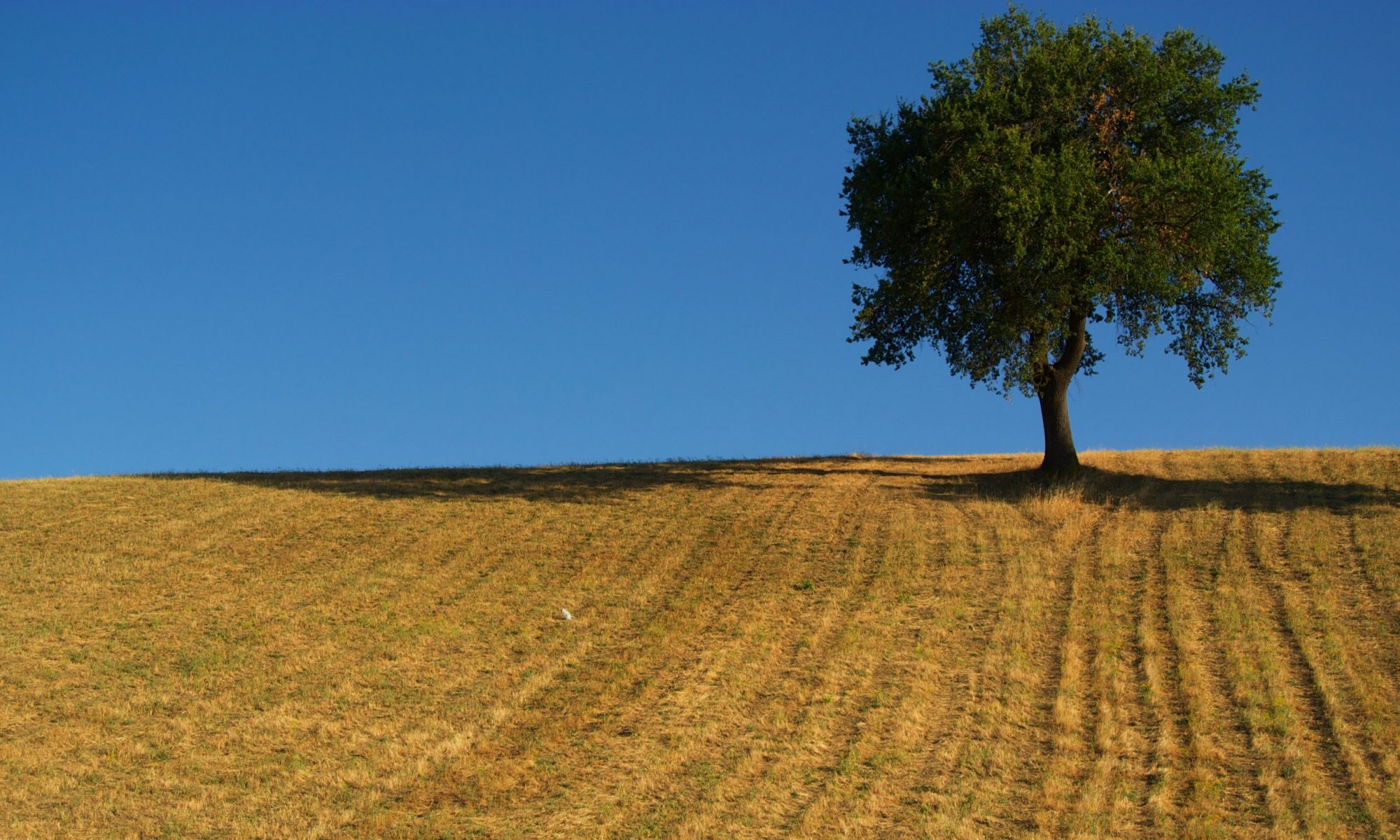Basilicata and Southern Italy Between Film and Ecology
Deadline for submissions: 15th March 2021
The Department of Humanities at the University of Basilicata, in collaboration with the Department of Foreign Languages and Literatures and Modern Cultures at the University of Turin, are pleased to issue a call for papers for a volume on the filmic representations of Basilicata in particular, and, in more general terms, of Southern Italy, through eco-criticism, philosophy and new historiography. The initiative is part of a larger project on Cinema in/and Basilicata, and originates from the 2014-2020 National Operative Program in Research and Innovation.
In order to give greater breadth to some of the topics discussed during the recent LiFE 2020 International Conference, the edited volume aims to explore the different connections between Basilicata and Southern Italy, cinema and ecology, and thus to reflect on the different ways and forms through which the historical, cultural and social contexts of the Southern regions of Italy have been and may be variously identified and represented.
In order to explore these connections through a range of perspectives that may be grouped under the term film ecocriticism, we can refer to the most general concept of the film world as the hermeneutic horizon within which ecocritical and eco-philosophical research can examine not only different ways of representing reality, but also the processes of signification through which the reality itself can be understood, rethought and transformed. This is the general framework within which the volume aims at considering film as a proper medium for ecocritical and eco-philosophical reflections not only on Basilicata (to which the central part of the volume will be dedicated), but necessarily on the entire South of Italy, and, therefore, on their history and their territories, on their communities and their identities.
The COVID-19 pandemic and the consequent social distancing and restrictions of individual liberties, with the prolonged use of forms of virtualization of interpersonal relationships, including videoconferencing, smart working and distance teaching, require us to return to reflect again on the values and meanings of collective spaces, and on how new emergencies, not only health but also social, economic and political, intertwine with environmental problems and climate change. In this complex and multifaceted scenario, Southern Italy is a crucial observation point from which to carry out an ecocritical investigation on film narratives and audiovisual representations to identifying more actual and coherent interpretative perspectives. The aim of the volume is therefore to explore the ways in which a more vivid ecological consciousness and a growing environmental awareness can produce not only new expressive forms but also, at the same time, more effective interpretative approaches capable of shedding new light on cinematographic representations of Basilicata and Southern Italy of yesterday and today.
Film ecocriticism is a suitable approach for reflecting on the relations between human and nature and the relationship human/non-human, and for describing contemporary crisis inasmuch as it represents an exemplary critical perspective capable of recognizing and recovering the meanings of being-between: between a past of environmental overexploitation and destruction and an increasingly precarious, uncertain future, between an emergency present that must still be carefully analysed and discussed and a future that must be imagined and represented before it can be realized.
This pondering on moving images offers an occasion to reflect on the historical and cultural heritage of Basilicata, and more in general of Southern Italy, as well as on the traditions, values and symbols which identified such Italian territory in the second half of the 20th century and in the first two decades of the 21st century, and on the ways they might revive and survive in the future. This approach will allow us to collect in an edited volume ecocritical and eco-philosophical reflections on different kinds of film genres, from narrative to documentary cinema.
The volume thus aims to embrace the idea of film ecocriticism – in the broader perspective that we have described above – as a privileged keyword for interpreting cinema and its connections with Basilicata and, in more general sense, with Southern Italy and the very idea of the South. The volume intends to give evidence of a scientific debate that combines different but contiguous approaches to cinema and film theory with environmental studies, eco-philosophies, ecologism and ecopoetics. In this broad context, we imagine the volume as enabling a space in which borders between different disciplines and research perspectives are usefully redrawn.
Submissions may include, but are not limited to, the following topics:
Sustainable development; Biopolitics; Capitalist excess, speculation, and precarity; Climate change/justice; Earthquakes and other catastrophic, tramautic events; Ecolinguistics; Ecosophy; Eco-cities; Environmental activism; Environmental arts; Environmental ethics; Environmental history; Ethnobiology; Film ecology; Globalization and post-colonialism; Green and environmentalist cinema; Human/non-human relation; Management/disavowal of environmental risk; Posthumanism; Queer ecologies, ecofeminism, and environmental justice; Virtual spaces/real spaces; War, trauma, and the environment; Covid-19, social distancing, and new waste (masks, gloves, hand sanitizers, etc.).
Scholars from all areas of cinema and media studies and environmental humanities are invited to submit proposals on original, unpublished research related to the volume’s themes. We welcome diversity in theoretical and methodological approaches to the filmic and social-cultural contexts considered. Proposals must be written in English (or, alternatively, in Italian) and must include: an abstract (maximum length 500 words), from 3 to 5 keywords, a short biographical note (maximum 150 words). Proposals must be sent via email to both manuela.gieri@unibas.it and alberto.baracco@unibas.it by March 15, 2021. Notifications of acceptance will be emailed no later than April 15, 2021.
Scientific and Organising Committee: Manuela Gieri (University of Basilicata, Italy), Chiara Simonigh (University of Torino, Italy), and Alberto Baracco (University of Basilicata, Italy).


